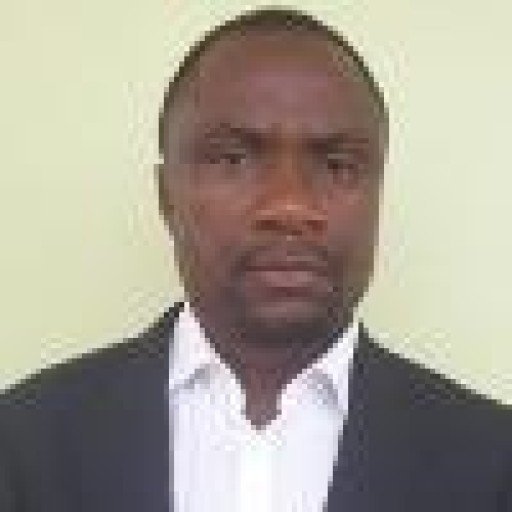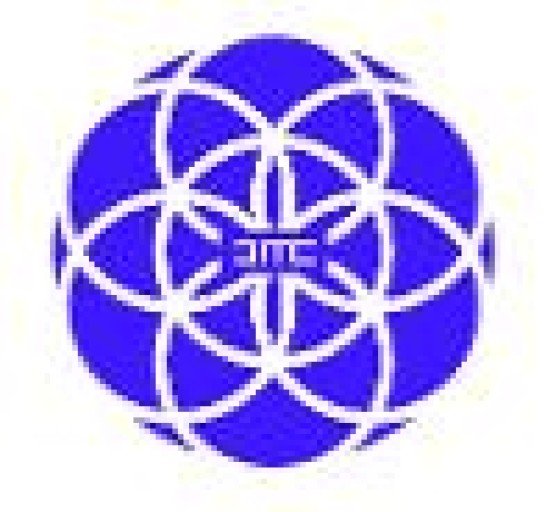[IMPACT] Please describe your proposed solution.
From the patient point of view:
- Opportunity to bargain medical record data for survey and research purposes
- Access to medical record info is decentralized and distributed
- Disclosure of selective information (specific consultations, portion of a consultation,…etc)
- More precise and accurate diagnostic of their illness
From the medical personal point of view:
- Full access to medical record history (allowed by the patient) which will translate into better experience for both the medical personel and the patient
- Decentralized access to patients files
- More opportunities for telemedicine
- More accurate analysis
From the insurance perspective:
- A go to place to access information relative to customers
- A means to design targeted services for specific audiences
- Opportunity to grow their customer base
From a pharmacist perspective:
Most people in Cameroon avoid going through hospitals or medical facilities because they lack money for consultations. They prefer to autodiagnose their illness and get drugs from the pharmacy. Pharmacists unfortunately often have limited knowledge of these customers’ medical history which can cause a lot of issues.
- Access to customer record as they are being served
- A better customer experience
- More accurate information lead to better drugs recommendations
Technical components:
- Smart contract on the cardano blockchain that will help keep references (documents hashes)
- A File oriented blockchain on which generated medical records (text document, imagery, audio files ..etc) will be saved
- A zero knowledge proof framework: a zero-knowledge proof or zero-knowledge protocol is a method by which one party (the prover) can prove to another party (the verifier) that a given statement is true while the prover avoids conveying any additional information apart from the fact that the statement is indeed true. This is needed for all parties accessing the information on the platform.
- A health information exchange platform
=>Click here for more context about Disruptive IT Cameroon, A Wada Hub
[IMPACT] Please describe how your proposed solution will address the Challenge that you have submitted it in.
The deliverable for this project is a distributed and decentralized Health Information Exchange Platform. Medical records management is a real issue in Cameroon and in many other countries in Africa. The potential for adoption is reel as both patients and medical personnels desperately need such a solution
[IMPACT] What are the main risks that could prevent you from delivering the project successfully and please explain how you will mitigate each risk?
The main risk we foresee is the public not being able to discover the platform. To address that we plan on running several marketing and informational campaigns on the existence and utility of our platform. Our campaigns will be designed to target specific audiences (Doctors, patients, insurers …etc) and we will use social media, local radios and local TVs.
[FEASIBILITY] Please provide a detailed plan, including timeline and key milestones for delivering your proposal.
We have identified 4 steps to solve our problem
Step 1: Partnerships and Contracts
Secure partnerships health institutions as domain experts candidate for our MVP. Specifically, we will secure partnerships with:
- a local clinic (completed)
- a local Hospital
- a local medical laboratory
- a local health insurance company
This step will conclude with contracts including a collaboration plan and timeline
Step 2: Problem Space Analysis
In this phase we will be working with our selected partners not only to introduce them to Blockchain technologies, but more importantly the advantages and opportunities it can potentially bring to their businesses. These interaction will allow us to clarify our understanding of their processes and procedures. We will spend some time understanding the current state of health information record management.
Step 3: Design and Architecture
This phase is about dividing our problem space into sub-problem that will lead to several bounded contexts, each of them focusing on one responsibility of the system, then determining how they integrate and communicate together. This is more of a logical and functional division of the problem space which will bring about the solution to the problem as well. During this phase, we will work with all stakeholders (clinics, hospitals, medical laboratories, pharmacies …etc) to sketch out logical units each of them focusing on solving one issue at a time from the big puzzle. Specifically, we will run several gathering sessions through which we will require all participants to write potential events of their interest that might arise from them interacting with the system. These events they capture will then be used by the architect to refine the design of the architecture of the whole system.
We could have gone our way and suggest a complete architecture, but our experience on the field has taught us that it's always better to get all stakeholders involved as much as possible. This is even truer in this context with a green project.
Step 4: Implementation
DITC (Disruptive IT Cameroon) is a Wada Hub specializing in IT & Agriculture. DITC is in charge of implementing Wada’s Haskell and Plutus Education Initiative which was launched on June 1st starting with 5 interns: DITC uses a project based learning style and intends to use this project as a candidate for it.
[FEASIBILITY] Please provide a detailed budget breakdown.
Total Budget $27k
Project coordination & Management: $1k
Research completion & Documentation: $2k
- Domain expert consultation
- Trips and accommodation
- Information refinement workshops
Design & Architecture: $6k
- DLT research upgrade
- Platform architecture design
Implementation and Testing: $14k
- Subsystems implementation
- Subsystems integration
- Web and mobile clients
Deployment: 1k
Marketing: $3k
[FEASIBILITY] Please provide details of the people who will work on the project.
Nkalla: Senior software architect & developer, 12+ year of experience programming, 3+ years in functional programming paradigm (Haskell), Mathematics teacher (Education Systems Engineering), Multilingual (French, Italian, English, Mbo)
Nkalla: Lead software architect of the platform.
Manfo: Cameroon Team Co-Lead, Senior software architect & developer, 12+ year of experience programming, 3+ years in functional programming paradigm (F#, Haskell, Elm), Multilingual (French, English, Italian, Ngiembo)
Manfo: Lead software developer.
Kamwa: Senior Software developer in Closure 7 + years experience, Project manager, Multilingual (French, English, Medumba)
Kamwa: Software developer.
Megan: Wada Cameroon Hub Co-Lead, Central Africa Coordination Lead, Wada core team member (Education and Event Lead), Maths & Physics teacher, bilingual (French & English)
Megan will take care of the administrative tasks including coordinating meetings
[FEASIBILITY] If you are funded, will you return to Catalyst in a later round for further funding? Please explain why / why not.
No, we will be able to complete this project with this round of funding.
[AUDITABILITY] Please describe what you will measure to track your project's progress, and how will you measure these?
Our project is organize in 4 clearly defined steps whose progress is easy to measure.
Step 1:
- How many health institution have we engaged to work with us as domain experts?
- How many o them will be testing out the MVP at its launch?
Step 2:
- What information did we refine?
- What did we learn from domain expert that we did not know before?
Step 2:
- What specification documentation have we produced? (GitHub)
- What are the subsystems we have identified (GitHub)
- How do the subsystem integrated? (GitHub)
Step 4:
-
What is our activity (commits) on (GitHub)
-
Our MVP
-
Version 1
[AUDITABILITY] What does success for this project look like?
Our project is aiming to offer a very simple and minimal solution to a critical problem: Health Records Management in Cameroon and in most countries in Africa. Success to us will result in:
-
Health record information availability
-
Health record information consistency
-
More ownership and control from patients
-
Less and less errors in diagnosis due to absence of health records
-
More accurate diagnosis from medical personnel
-
Major adoption
[AUDITABILITY] Please provide information on whether this proposal is a continuation of a previously funded project in Catalyst or an entirely new one.
New



